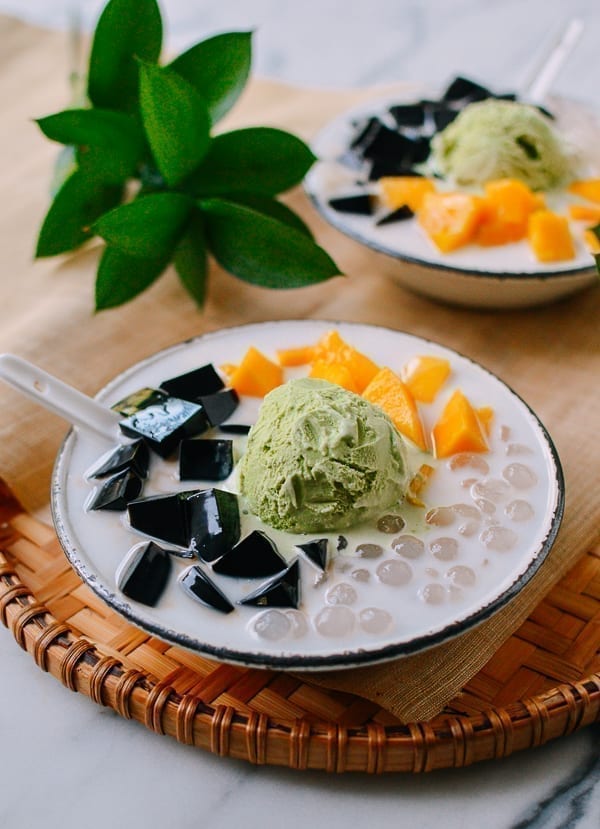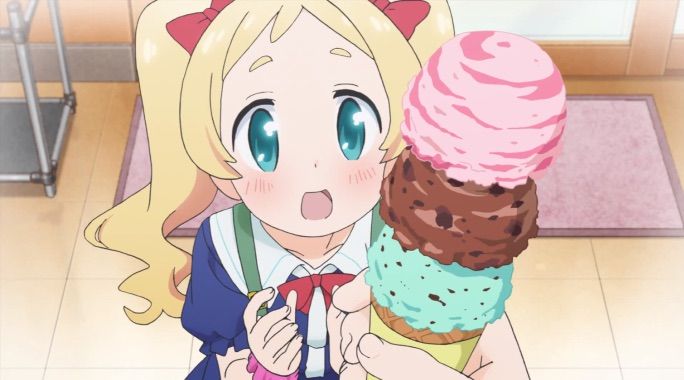

This is your most common way to say ah in ああ language. Gives you more social and global skills.Provides broader access to education and information.
Ah mou japanese professional#

* I am legally required to state that this book has never been available for $199.99. If you're talking to someone who is the same age as you, then neither one of you is allowed to speak at all.Īnd now you know! To find out the other secret rules that Japanese teachers don't want you to know, you can go to my website and order my new book, Sushi, Tsunamis, and Hentai: The Ultimate Guide to the Japanese Language for only $199.99* $99.99**! If you're talking to someone who is younger than you, you should always use topics as a way of flaunting your clear superiority. If you're talking to someone who is older than you, you shouldn't use topics at all, as this is seen by the Japanese as a declaration of intent to assassinate the person you're talking to and usurp their position. If the action is permanent, it's a topic, and if the action is temporary, it's a subject. For other animals, you have to memorize which ones are topics and which ones are subjects. Human beings are always topics, and inanimate objects are always subjects, unless they're objects. Here are some examples of when you would use topic vs. The basic rule of thumb is that "wa" can be translated as "as for." So "omae wa mou shindeiru" means "As for you, already dead." This is a sentence that definitely makes sense in English and makes it absolutely clear what a topic is and how it differs from a subject. Which means it's up to me, someone who isn't even A1 in Japanese but who has watched an anime with English subtitles before, to tell you the only true way to tell the difference between the two! This is an important notion in Japanese, and is one that kaijuu (that's Japanese for "foreigner") have a very difficult time learning, especially since they like to put out convoluted explanations just to confuse us poor kaiju. "Wa" has to do with the difference between the topic and the subject. Is this sentence mistranslated or did the voice actor misspeak? Is it true that even the Japanese can't properly speak Japanese? Does this mean that I already speak better Japanese than the Japanese themselves?

Like, none of the sentences "you ring already dead", "you harmony already dead", "you admiration already dead", "you birds already dead" make any sense to me.Īccording to the subtitles, it seems that the sentence is supposed to mean "you are already dead", but the Japanese word for "to be" is " iru", and since Japanese doesn't conjugate verbs, shouldn't the sentence have been "omae iru mou shindeiru"? I can't figure out how any of these are supposed to fit in this sentence. According to my dictionary, " wa" can mean any of the following: However, I can't figure out what "wa" is supposed to mean. According to my dictionary, " omae" means "you", " mou" means "already", and " shindeiru" means "dead". I've just started learning Japanese by translating sentences from anime.


 0 kommentar(er)
0 kommentar(er)
